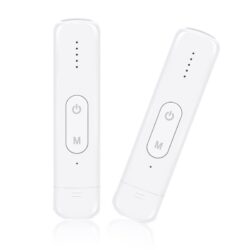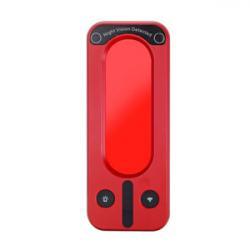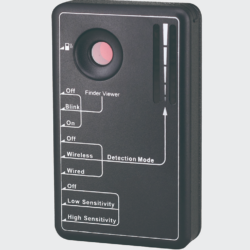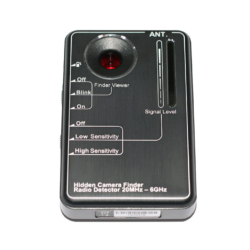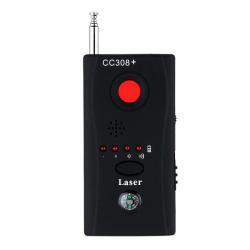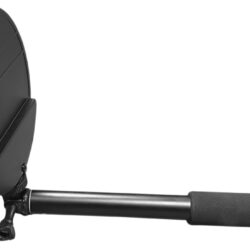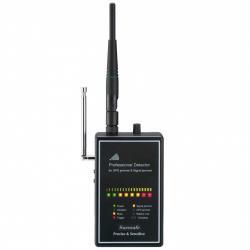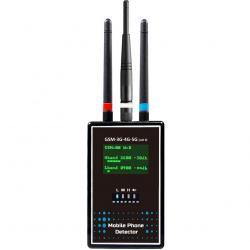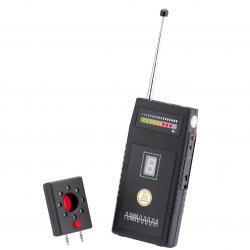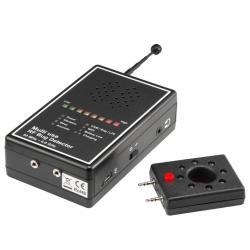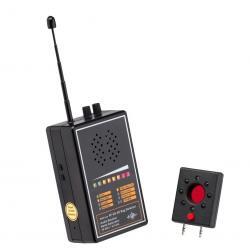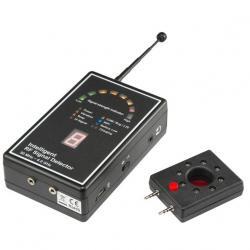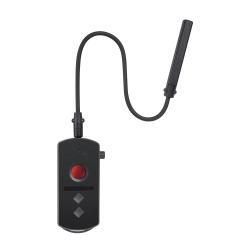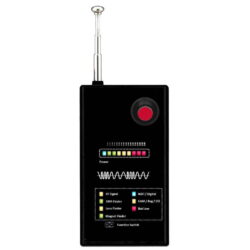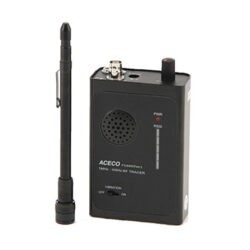Showing all 18 resultsSorted by latest
Bug Detectors
-
Out of stock
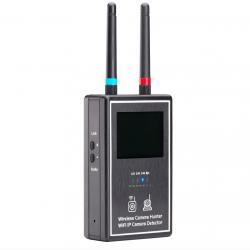
-
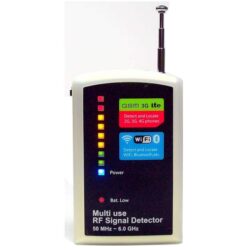
🛡️ Bug Detectors – Find Hidden Cameras, Trackers & Listening Devices
Discover Australia’s most trusted range of bug detectors, designed to locate hidden cameras, GPS trackers, audio bugs, and wireless surveillance devices. Whether you’re protecting your home, vehicle, business, or yourself — OzSpy has the tools and expertise to help.
We’ve helped over 150,000 Australians since 1998.
🔍 What Is a Bug Detector?
A bug detector is a handheld device used to scan for hidden electronic surveillance threats — including:
-
📷 Hidden spy cameras (wired or wireless)
-
🎙️ Covert listening devices (audio bugs)
-
📡 GPS trackers (active or dormant)
-
📶 Transmitters using WiFi, GSM, Bluetooth, or radio frequencies (RF)
Modern bug detectors can alert you to both active transmissions and passive threats — like recorders that store data without transmitting it live.
📶 Types of Bug Detection
Not sure what type of device you need? Here’s a quick breakdown:
✅ RF Bug Detectors
These scan for radio frequencies used by bugs and trackers. A must-have for general use.
✅ Hidden Camera Lens Finders
Use infrared or laser reflection to visually locate concealed camera lenses, even if the camera is off.
✅ GPS Tracker Detectors
Search for magnetic or hard-wired GPS tracking devices under vehicles or in personal items.
✅ Bluetooth/WiFi/GSM Detectors
Target more modern threats like AirTags, SmartTags, and hidden bugs using mobile networks or local signals.
🎯 What to Look For in a Bug Detector
Choosing the right device depends on your situation. Here’s what matters:
- Signal Range & Accuracy – Better models detect smaller and lower-powered threats.
- Frequency Range – Detects threats across a broad spectrum, from low-frequency bugs to high-frequency wireless signals.
- Multiple Modes – Some units offer RF scan, lens detection, and magnetic detection in one.
- Visual & Audible Alerts – So you can confirm a bug even in noisy or crowded spaces.
- Rechargeable Battery – Longer run time, better reliability.
- Discreet Design – Useful if you’re sweeping sensitive spaces.
💡 Expert Tips from OzSpy
-
🔄 Sweep regularly if you’re in a high-risk environment (e.g. domestic issues, legal work, or sensitive meetings).
-
🚗 Vehicles are a common target — consider a separate Car Bug Sweep or GPS scanner.
-
🧳 Rentals, Airbnb, and hotels are high-risk locations for hidden cameras.
📚 Learn More Before You Buy
We don’t just sell bug detectors — we build them, test them, and use them in the field.
🔧 Need Professional Help?
If you’re not sure where to start or need a full sweep, check out our TSCM Bug Detection Services. We offer:
-
Home and business sweeps
-
Vehicle tracking detection
-
Pro-grade RF and NLJD equipment
-
Discreet, confidential service
🛍️ Shop Bug Detectors
Scroll up to browse our full range of RF detectors, GPS finders, and counter-surveillance tools. All orders ship from within Australia, with expert support available if you need help. Check the full range of products in the main menu on tope of the page.

